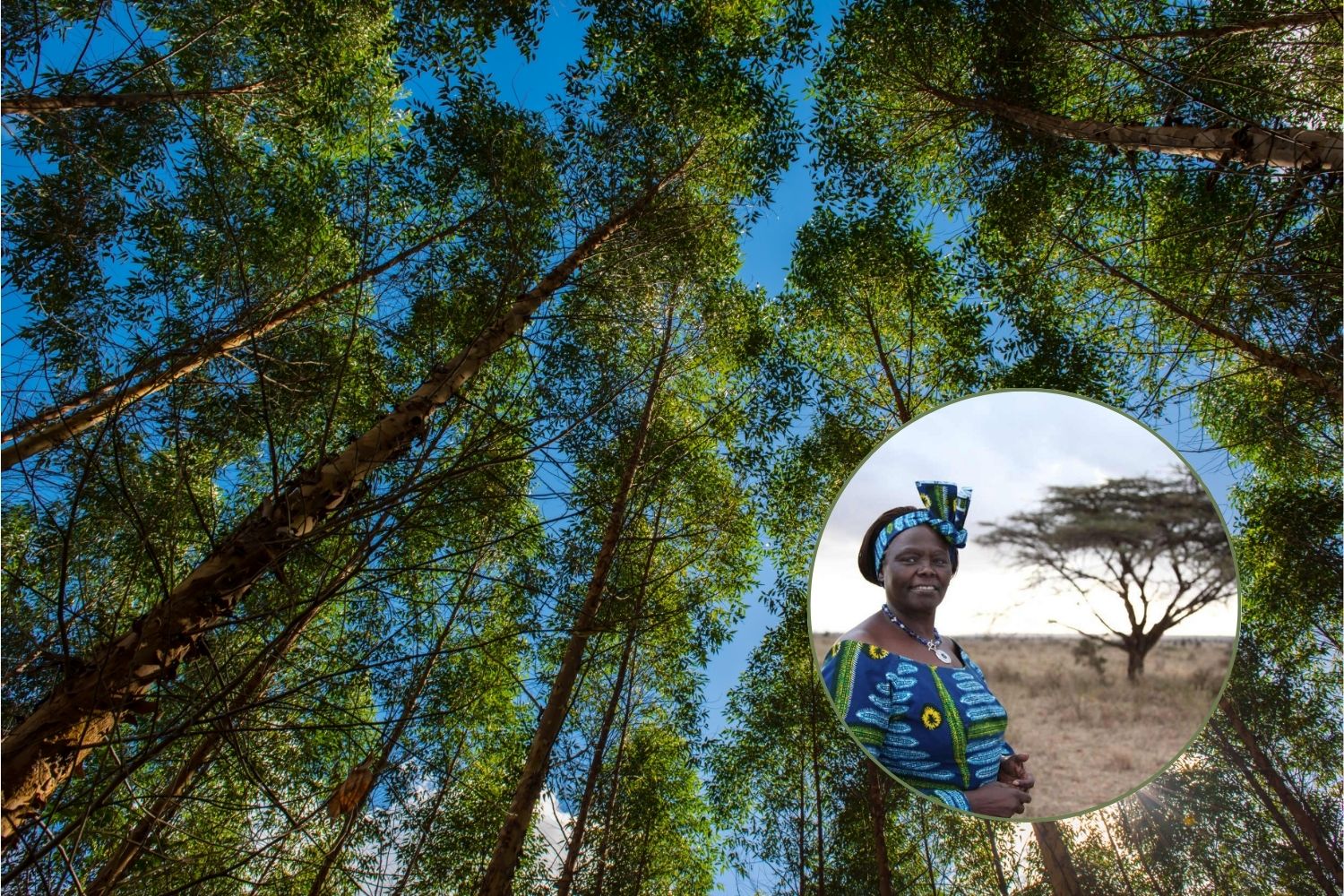South Africa aims to plant one million trees in a day this September, blending climate action with economic inclusion and inspired by Wangari Maathai’s green legacy.

On September 24, 2025, South Africa is setting its sights on a staggering goal: planting one million trees in a single day. The ambitious initiative, officially dubbed “One Million Trees,” was recently unveiled by Deputy Minister of Environment Bernice Swarts and is scheduled to coincide with Heritage Day, a national holiday that celebrates the country’s rich ethnic and cultural diversity.
This green endeavor is more than a feel-good gesture. As Swarts made clear, it’s part of the broader National Greening Programme, designed by the South African government to actively confront the consequences of climate change.
“Our country has experienced firsthand the devastating effects of climate change—wildfires, heatwaves, floods, drought,” Swarts said. Her tone was urgent, yet hopeful, as she emphasized the need for concrete and inclusive environmental actions to drive a true ecological transition.
#OneMillionTrees | The launch of the #OneMillionTrees campaign at Pretoria National Botanical Gardens to encourage all…
Posted by South African Government on Monday, July 7, 2025
Planting trees to fight poverty and inequality
While the image of mass tree-planting might suggest a purely environmental mission, the reality is more layered and strategic. The campaign is integrated into the nation’s Medium Term Development Plan (MTDP), aligning with goals of job creation, rural development, and food security.
By 2026, the goal is to plant 10 million trees. Notably, 60% of them will be fruit trees, offering practical benefits to communities, from nutritional support to potential income. The remaining 40% will be made up of native species, helping restore local biodiversity.
It’s a plan where ecology meets economy—and where planting a tree can also mean planting the seed of opportunity.
One day, one million trees
The symbolic heart of the campaign is set for September 24, when South Africans are being called on to unite for a massive nationwide planting effort. Swarts admitted that the response from across the country has been overwhelmingly positive, with schools, NGOs, churches, businesses, and government agencies all stepping up to the challenge.
To streamline logistics, a national database of nurseries has been created, organized by region. Additionally, a Tree Bank will serve as a central storage point for donated plants before they are distributed to safe planting zones—schools, hospitals, daycares, churches, police stations, housing developments, and more.
The campaign also aims to involve the private sector and everyday citizens through a “plant and donate” model. A digital platform is in the works, complete with a QR code system to make participation quick and easy. You won’t need to be a horticulturist—just willing to dig a hole and make a difference.
Greening the cities, one tree at a time
Swarts echoed the words of President Cyril Ramaphosa, who during a recent visit to Johannesburg praised the reforestation efforts in Addis Ababa, where 10 billion trees were planted. Ramaphosa urged South Africans to follow suit and “plant billions of trees” to reverse the environmental degradation in cities, especially in underserved areas like Soweto, where green space is often scarce.
This isn’t just about beautifying neighborhoods. Trees can lower urban temperatures, prevent soil erosion, and combat desertification—all while creating healthier, more livable environments. In communities historically neglected by urban planning, planting trees is an act of justice as much as ecology.
Planting seeds of hope: wangari maathai’s legacy
Swarts closed her announcement by paying homage to one of the continent’s most influential environmental icons: Wangari Maathai, the Kenyan Nobel laureate and founder of the Green Belt Movement.
“When we plant trees, we plant the seeds of peace and hope.”
Her words echoed the ethos Maathai championed—that environmental care is inseparable from human dignity. A pioneering voice in African eco-activism, Maathai, who passed away in 2011, was affectionately known as the “tree lady.” In 2004, she became the first African woman and the first environmentalist to win the Nobel Peace Prize.
Through her movement, she trained rural women to plant indigenous trees, helping to fight deforestation, desertification, and poverty fueled by cash crop monocultures.
Today, South Africa’s campaign draws deeply from that same well of inspiration. It’s not just about planting trees. It’s about reclaiming ecosystems, revitalizing communities, and restoring hope—one sapling at a time.
